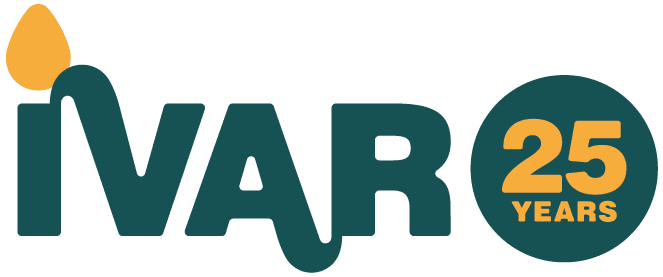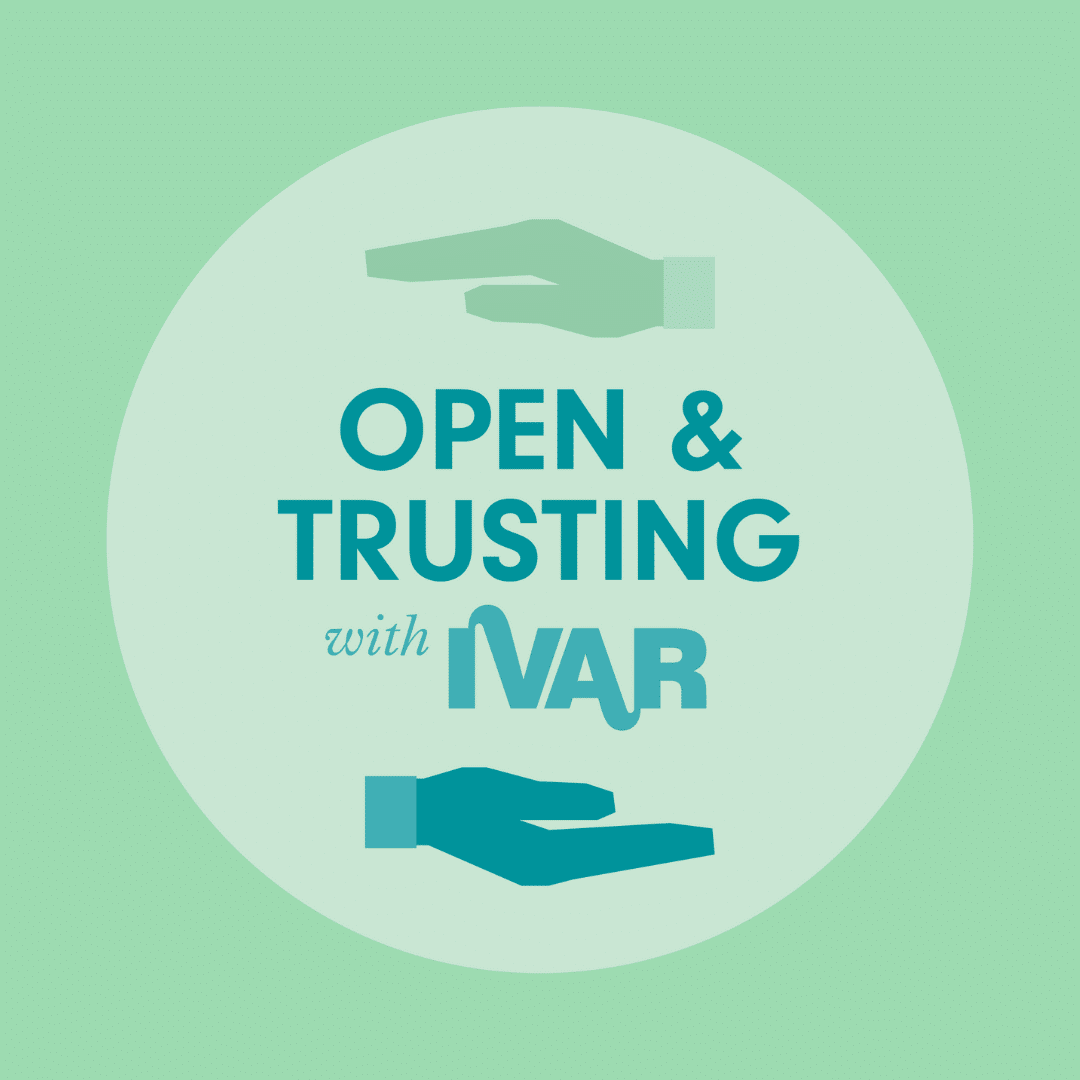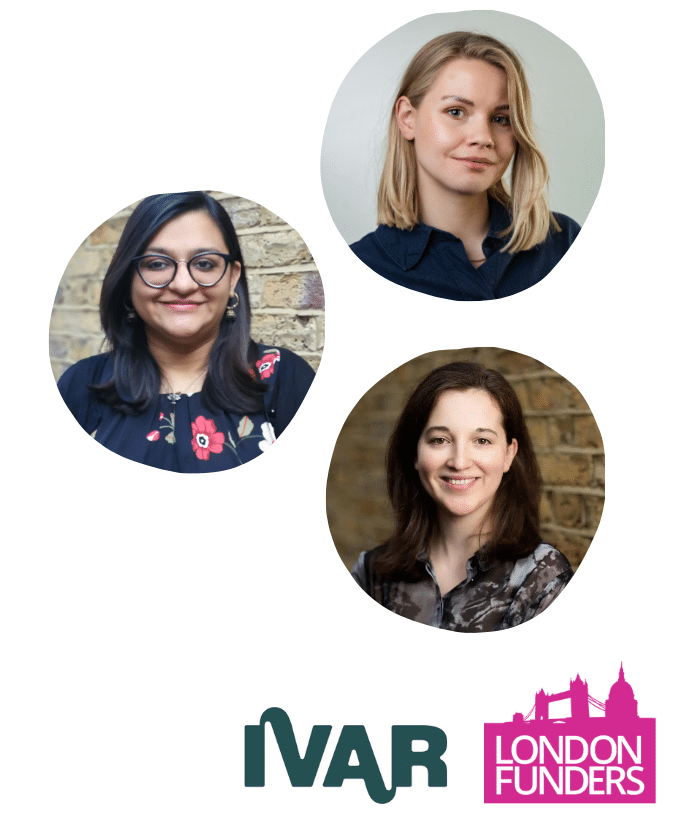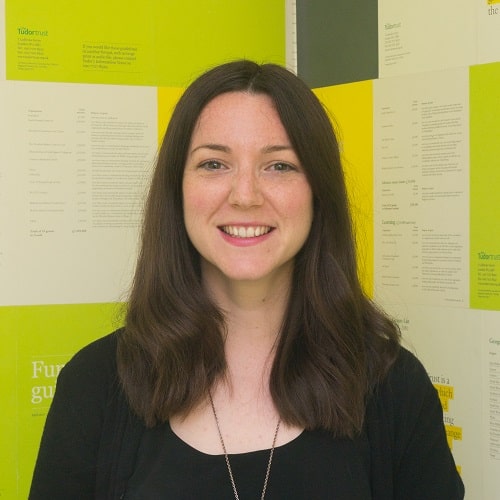This autumn, we’re flipping grant reporting on its head for the second time and creating space where charities hold review sessions with funders about their grant-making practice. But what are charities hoping to get from this experience?
Background
When we launched Open and Trusting Grant-making in 2021, we wanted to hold onto some of the positive changes to funder practice that we’d seen in response to Covid-19: simplified application processes, project funding becoming unrestricted, grant reporting waived or drastically reduced. Over 140 funders are now part of our active learning community.
We knew from the start we wanted this to be more than a badge on people’s websites. So, we hold regular sessions for funders to reflect on and develop their practice, carry out research into how to overcome the barriers e.g. to unrestricted and multi-year funding, and we run an accountability process every two years – with charities’ needs and voices at its heart.
This is a critical piece of the Open and Trusting puzzle: checking in with what will make the most difference to charities, in terms of their funding experience, and giving them the opportunity to ask funders about progress – what’s gone well, what’s been harder, and where can they go further.
We did this for the first time in 2022, and heard about challenges funders were facing. For example, committing to light-touch reporting when decision makers (trustees, panel members, auditors, donors) are keen to see and understand the impact of their funding. This is something we’ve been exploring in depth with our Evaluation Roundtable community, and sharing through reports like Learning with trust, trusting what we learn. Essentially, the accountability process enables us to focus our research agenda and wider support for funders who are seeking to go further with Open and Trusting practice.
In preparation for this year, we’ve refreshed the “actions that matter most to charities” based on a desk review of recent evidence. With the review sessions kicking off tomorrow (6th November), we spoke to the charity leaders who will be reviewing funder practice this year to find out what their hopes are for helping to hold funders accountable, what changes they would like to see, and what their thoughts are about being part of this initiative.
What do charities find challenging about grant-making?
Despite charities’ realism about the pressures funders are under, the competition for grants is acute due to the current economic situation and it is becoming increasingly challenging to apply for and secure funding. Many of our charity reviewers expressed their frustration at the disproportionate amount of work that funders require, often with overly long, repetitive and demanding processes to access funds which take up large amounts of valuable time and cause undue stress. This can be a particular issue for smaller charities with limited resources, and it is frustrating when feedback isn’t given if funding is declined.
A funding model that revolves around charities having to fit funders’ current interests then demonstrate how well the money has been used leaves little space for honesty and learning:
What changes do charities hope to see?
Charities are hoping that funders’ involvement in the Open and Trusting community will encourage them to develop deeper understanding of each other, fostering more supportive relationships to work together more efficiently.
It will create opportunities for charities and funders to share data, balance skewed power dynamics and reflect on evidence ethically, which will in turn encourage better practice across the sector:
Some charities also spoke about the need for applying an intersectional and social justice lens to ensure resources reach those who need them most, helping to create more transparent, equitable and responsive funding practices which will contribute to a more inclusive society:
What does getting involved with Open and Trusting Grant-making mean for charities?
Charities have said that they relish the opportunity to form a collective charity voice to increase the impact of holding funders to account and they hope to create tangible positive change in the sector. They look forward to both charities and funders being able to see things from a different perspective and learn from others by articulating their own experiences of working with funders.
From the charity perspective, joining Open and Trusting is a way for funders to more confidently and collectively improve the funding experience, ultimately creating more positive outcomes for the communities they serve.
Mutual respect between charities and funders will create better partnerships and shared accountability with the hope of generating valuable learning opportunities:
What’s next?
We’re working with 30 charity reviewers over November to review the practice of 100 funders who have been signed up to Open and Trusting for over a year. We’ll be analysing the findings of this process, and will share our findings and next steps in the new year.
Thank You
With thanks to the charities who are reviewing our Open and Trusting Community:
- WellChild
- The Ubele Initiative
- Hambleton Community Action
- One25
- Together Co
- Suffolk Law Centre
- KINARAAA CIC
- Saving Lives
- George House Trust
- Woodcraft Folk
- SELFA Children’s Charity
- Migrants’ Rights Network
- Shared Parenting Scotland
- The Green Team
- Bridge Renewal Trust
- Just Fair
- WILD Young Parents Project
- Advice Support Knowledge Information
- Bone Cancer Research Trust
- Open Harmony CIC
- Optimise Foundation
- Ivison Trust
- Integrate UK
- The Change Foundation
- London Gypsies & Travellers
- Foresight (North East Lincolnshire) Limited
- Hamara Healthy Living Centre
- National Survivor User Network
- Friends of Hannah More
- Cardinal Hume Centre
- Havering Volunteer Centre
- Coco Collective Community Hub
- Chance UK
- Working Families




